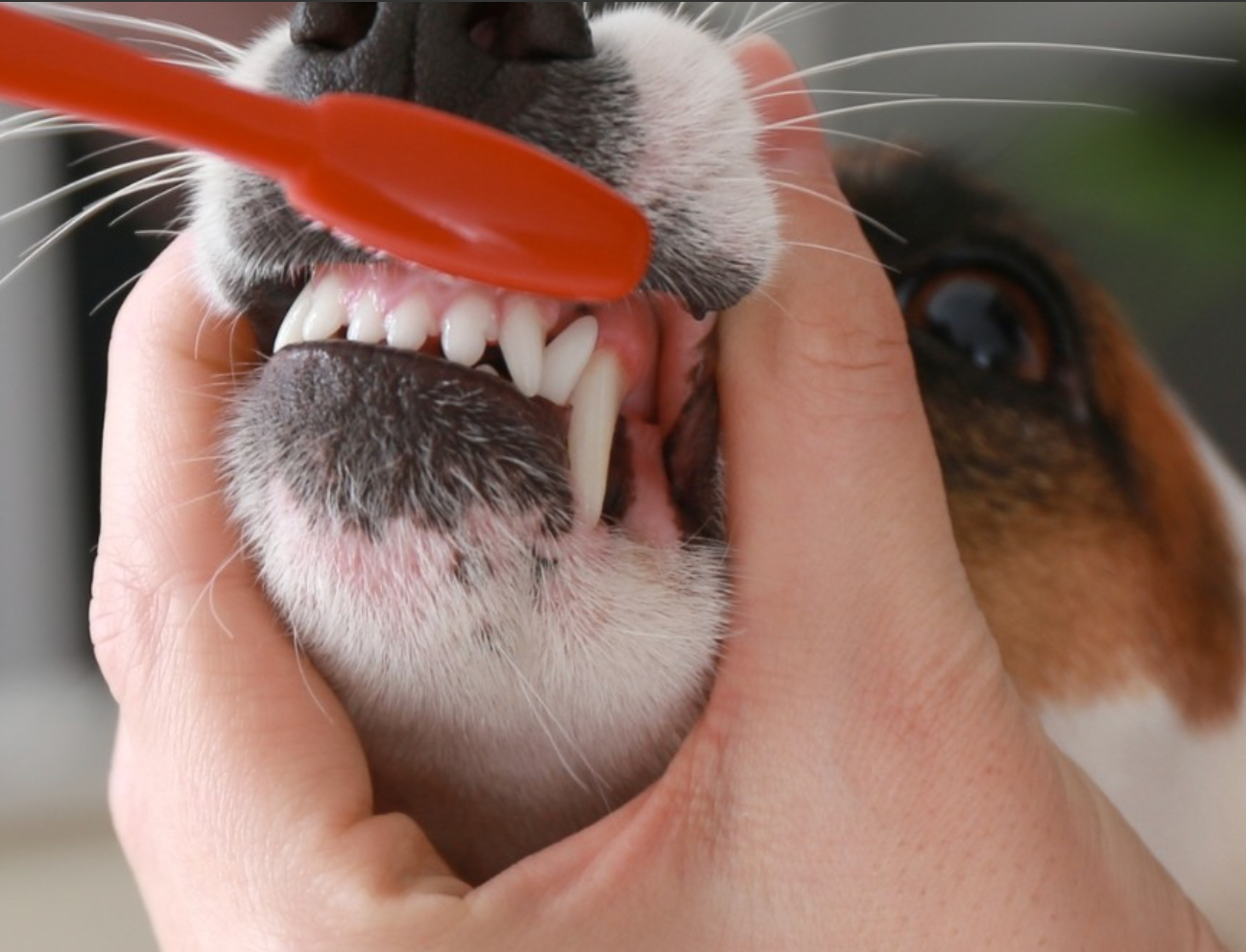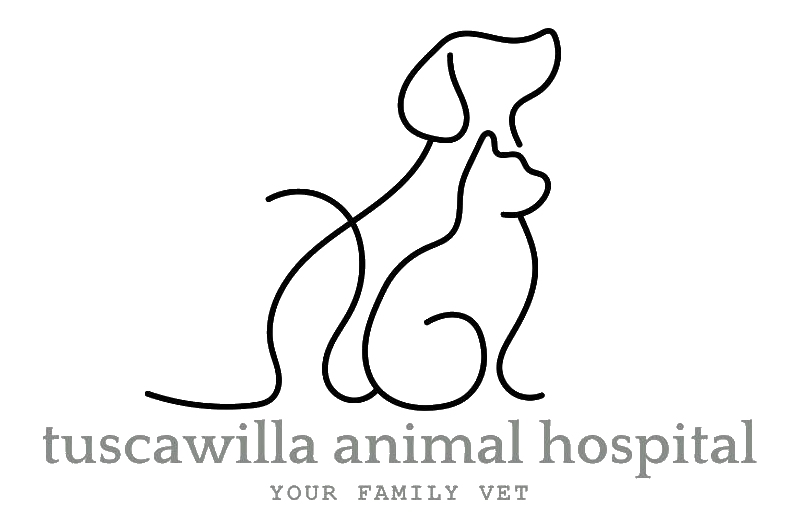Veterinary Dentistry
Tuscawilla Animal hospital

Benefits of Routine Dental Care for Your Pets
As pet owners, we’re committed to giving our furry friends the best life possible, from nutritious food and regular exercise to routine vet visits. However, one critical aspect of pet care that often goes overlooked is dental hygiene. Just like humans, pets can suffer from dental issues that, if left untreated, can lead to serious health problems. Routine professional dental cleanings, coupled with at-home care, can prevent the development of these serious health issues, greatly improving your pet’s overall quality of life and health. By removing plaque and tartar, your pet’s teeth remain healthy, and the risk of systemic infections is reduced.
In this blog, we’ll explore the benefits of dental cleaning and hygiene in pets and why it’s essential for their well-being.
Why Dental Health Matters for Pets
Many pet owners are surprised to learn that dental disease is one of the most common health problems in dogs and cats. Studies show that up to 80% of dogs and 70% of cats show signs of dental disease by the time they are three years old. This condition starts as plaque buildup on the teeth, which hardens into tartar and can eventually lead to inflammation, infection, and tooth decay if not addressed.
But the consequences of poor dental hygiene go beyond bad breath. Dental disease can lead to:
- Pain and discomfort: Pets can’t tell us when their mouth hurts. Dental disease causes pain, which can affect their appetite, mood, and overall energy.
- Systemic health issues: Bacteria from gum infections can enter the bloodstream, potentially leading to serious conditions such as kidney, liver, or heart disease.
- Difficulty eating: Advanced dental issues may make it hard or painful for your pet to chew, affecting their nutrition.
Preventing these issues is where regular dental cleanings come in.

What Happens During a Dental Cleaning?
A professional dental cleaning at a veterinary office involves much more than just brushing your pet’s teeth. At a veterinary clinic, the process typically includes:
- Anesthesia: Pets must be placed under general anesthesia to ensure a thorough cleaning and prevent any discomfort or stress during the procedure.
- Oral Examination: Once your pet is sedated, the veterinarian will perform a detailed examination of their mouth, looking for any signs of disease, broken teeth, or oral masses.
- X-rays: Dental X-rays may be taken to examine the health of the teeth below the gumline. Many issues can’t be detected just by looking at the teeth and require X-rays for proper diagnosis.
- Scaling and Polishing: The vet will use specialized tools to remove plaque and tartar from both above and below the gumline. After scaling, the teeth are polished to remove any rough areas where plaque might easily accumulate again.
- Fluoride Application: Fluoride can strengthen tooth enamel, making it more resistant to bacteria. This can help prevent tooth decay, gum disease, and other oral health issues.

Who Needs Dental Cleanings?
Every pet benefits from regular dental care, but certain pets may require more frequent cleanings due to their breed, age, or health status:
- Smaller breeds: Small dogs are particularly prone to dental issues due to their mouth structure. Breeds like Chihuahuas, Dachshunds, and Yorkshire Terriers may need more frequent dental care.
- Older pets: As pets age, they become more susceptible to dental disease. Regular cleanings can help prevent painful conditions that might develop as they get older.
- Pets with pre-existing conditions: If your pet has diabetes or immune system issues, they may be at higher risk for infections, including gum infections.
At-Home Dental Care: A Key Part of the Equation
While professional dental cleanings are crucial, ongoing at-home dental care plays a major role in maintaining your pet’s oral health between visits to the vet. There are several steps you can take to keep your pet’s teeth and gums healthy at home:
- Brushing Your Pet’s Teeth
Regular brushing is the most effective way to remove plaque before it turns into tartar. Aim to brush your pet’s teeth daily or at least a few times a week using a pet-safe toothpaste. Be sure to use toothpaste formulated for pets! - Dental Chews and Treats
Dental chews and treats are formulated to help clean your pet’s teeth as they chew, reducing plaque buildup and freshening their breath. Be sure to choose products that have been proven effective, such as those with the Veterinary Oral Health Council (VOHC) seal. A favorite of ours at Tuscawilla Animal Hospital are the Hill’s Science Diet t/d Bites. - Dental Rinses and Water Additives
There are pet-safe rinses and water additives available that can help control plaque and maintain fresh breath. These products are easy to use and can complement brushing and professional cleanings. - Dental Toys
Many toys are designed to support your pet’s oral health by promoting chewing, which can naturally scrape away plaque from the surface of the teeth. Providing your pet with safe and effective dental toys can make oral hygiene fun!

Conclusion: Invest in Your Pet’s Health with Dental Care
Dental care is a vital part of your pet’s overall health. Regular cleanings and good oral hygiene can prevent pain, extend your pet’s lifespan, and improve their quality of life. If you haven’t had your pet’s teeth checked recently, consider scheduling a dental evaluation today. Investing in their dental care is an investment in their long-term health and happiness.
